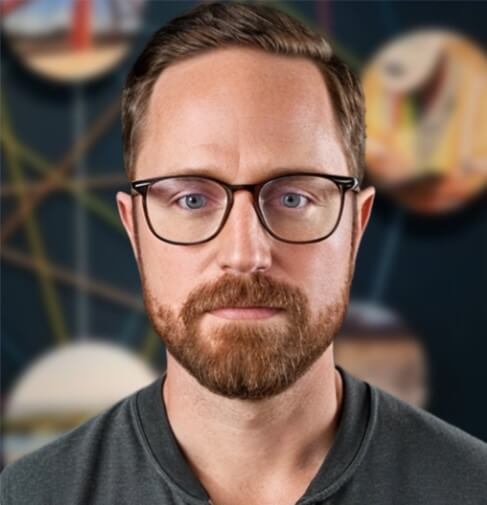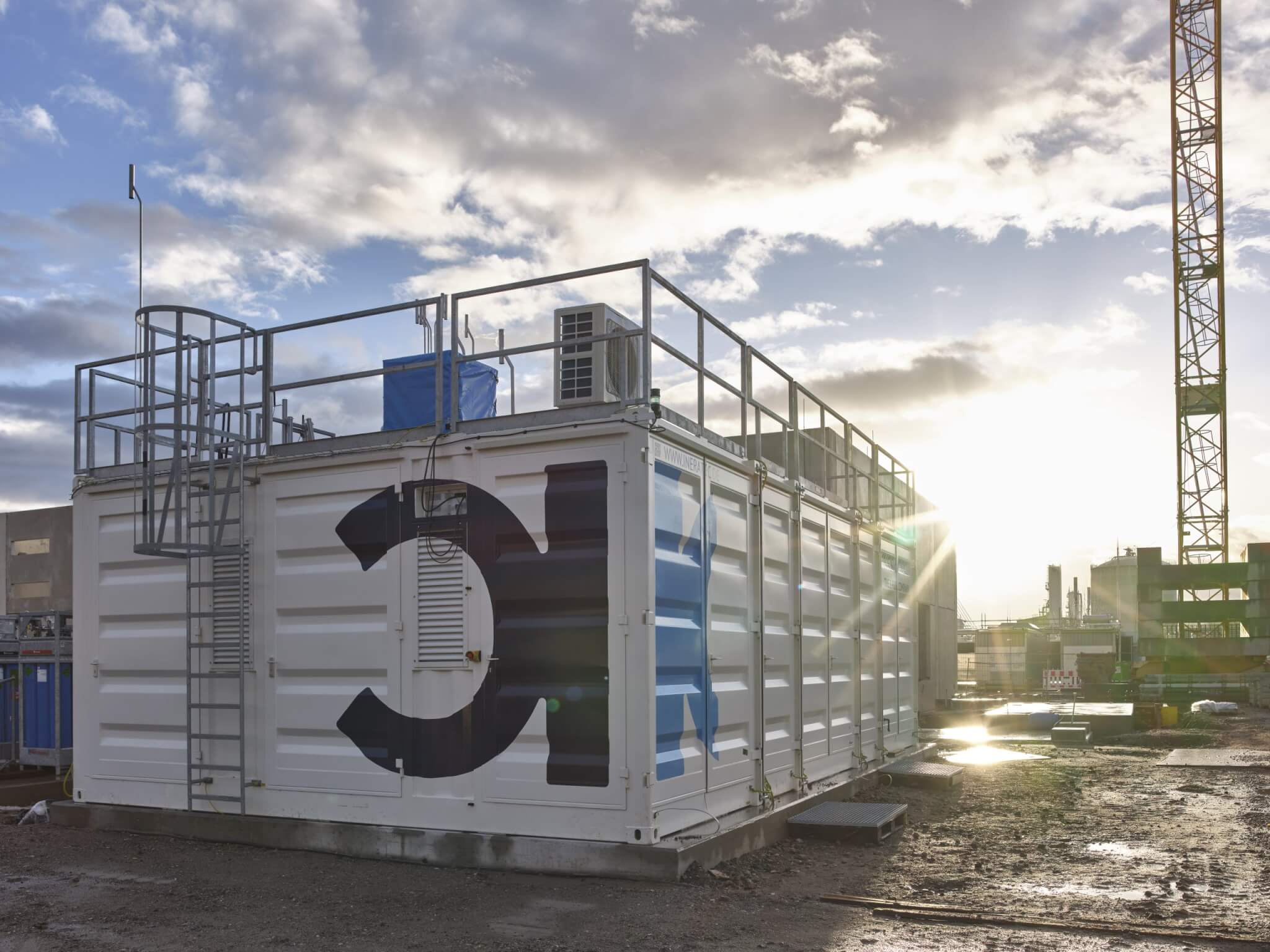Powering the e-fuels revolution: Why we invested in INERATEC
The potential for Sustainable Aviation Fuels (SAFs) is attracting a lot of interest and excitement, and HG Ventures recently made a new investment in this space. Here, Nick Arnold outlines the technology involved, and our rationale for investing in INERATEC.

In the global challenge to reduce carbon emissions, airlines loom large. Aviation accounts for around 2% of CO2 emissions, and this number is only likely to increase as demand for air travel rises in populous markets like India and China: Air travel demand is expanding massively, with the number of daily flights expected to double between now and 2035.
While there are a number of options for carbon reduction in road transport, such as battery electrification and hydrogen, the same alternatives are much more challenging to deploy for aviation, not only because of the weight of the vehicles and length of the journeys involved, but also because of the major changes that would need to be made to the way aircraft are designed and built, as well as to airport infrastructure, to accommodate battery- or hydrogen-powered planes.
This is why attention has focused on sustainable aviation fuels (SAFs) as a way forward. The International Air Transport Association (IATA) favors this route, as a major plank of its Fly Net Zero commitment, and many of the major airlines have been competing to assume a leadership position by making various commitments to switching to SAFs.
What is Sustainable Aviation Fuel?
The U.S. Department of Energy defines SAFs as an alternative fuel that reduces emissions from air transportation, made from non-petroleum feedstocks. So far, so simple, but there are a number of different routes to production, and the Department of Energy summarizes these here. Each is a highly complex, multi-step process, and none represents a ‘silver bullet’ solution. One of the key challenges with the production of SAFs is the ability to do so at scale, economically. That is where INERATEC comes in.
INERATEC and the e-fuels revolution
INERATEC is a German power-to-liquids (PtL) company that has developed a micro-structured reactor (MSR) technology to transform electricity and recycled CO2 into high-value products. The company’s Fischer-Tropsch, Methanol, and Reverse Water Gas Shift reactors are 80x more compact than conventional reactors and 2x as efficient.
Power-to-liquid fuel is seen as one of the most promising alternatives to today’s aviation fuel; it describes a type of Sustainable Aviation Fuel (SAF) that only contains renewables, instead of using waste or biological materials like plants. To make it, a facility takes the hydrogen out of water, carbon dioxide from the air and electricity from renewable energy, and puts it through a refinement process. In facilities that use INERATEC’s MSRs, CO2 and hydrogen are combined into e-fuels, which then go through further processing to obtain SAFs. Deploying INERATEC’s MSRs enables the ability to ramp production up and down quickly, to leverage renewable power cost efficiency.
While there are several emerging competitors that are developing technologies for an e-fuel to SAF pathway, INERATEC is the market leader in technology readiness, with more than 28,000 hours of operation and commercial development progress. The company is able to produce e-fuel at the highest energy efficiency yield today, with the potential to replace crude oil over the long-term.
A growing market
SAFs, which represent less than 0.1% of jet fuel consumption today, must scale by a factor of 100x by 2030 and 1,500x by 2050 to meet aviation industry goals. The total global e-fuels market, estimated at $6B in 2023, is expected to grow to $49B by 2030.
This growth is in part propelled by legislation such as Europe’s ReFuelEU Aviation legislation, which requires fuel suppliers to all flights originating or ending in Europe to blend a minimum ratio of SAF starting in 2025. The blend ratio starts at 2% in 2025 and increases to 70% SAF by 2050. Similarly, the U.S. Inflation Reduction Act (IRA) provides a SAF blending credit if the SAF reduces emissions from fossil kerosene.
We believe INERATEC will play a major part in this growing market.
The company has over 30 contracts with well-known customers from Europe, Chile, and Japan across various industries including aviation, maritime, automotive, and oil and gas. Working with industry partners, INERATEC has already installed 7MW of its MSR units, equating to a total annual production capacity of 1 million gallons and the ability to recycle 8,000 tons of CO2 into e-fuel products.
A world-leading team
INERATEC’s co-founders, Tim Böltken and Philipp Engelkamp have already built an impressive leadership team: CEO, Tim has a chemical engineering background with ten years of professional experience; CCO, Philipp has a background in consulting and marketing, and leads the sales and business development function of the business. They are joined by COO, Ingo Katz, a manufacturing and operations expert with more than 30 years of industry experience, and CFO, Caspar Schuchmann, with experience in corporate finance, including investing and fund raising in shipping and renewable energy industries.
We are proud to be working with such an exceptional group, whose technology will be at the heart of the e-fuels revolution.

